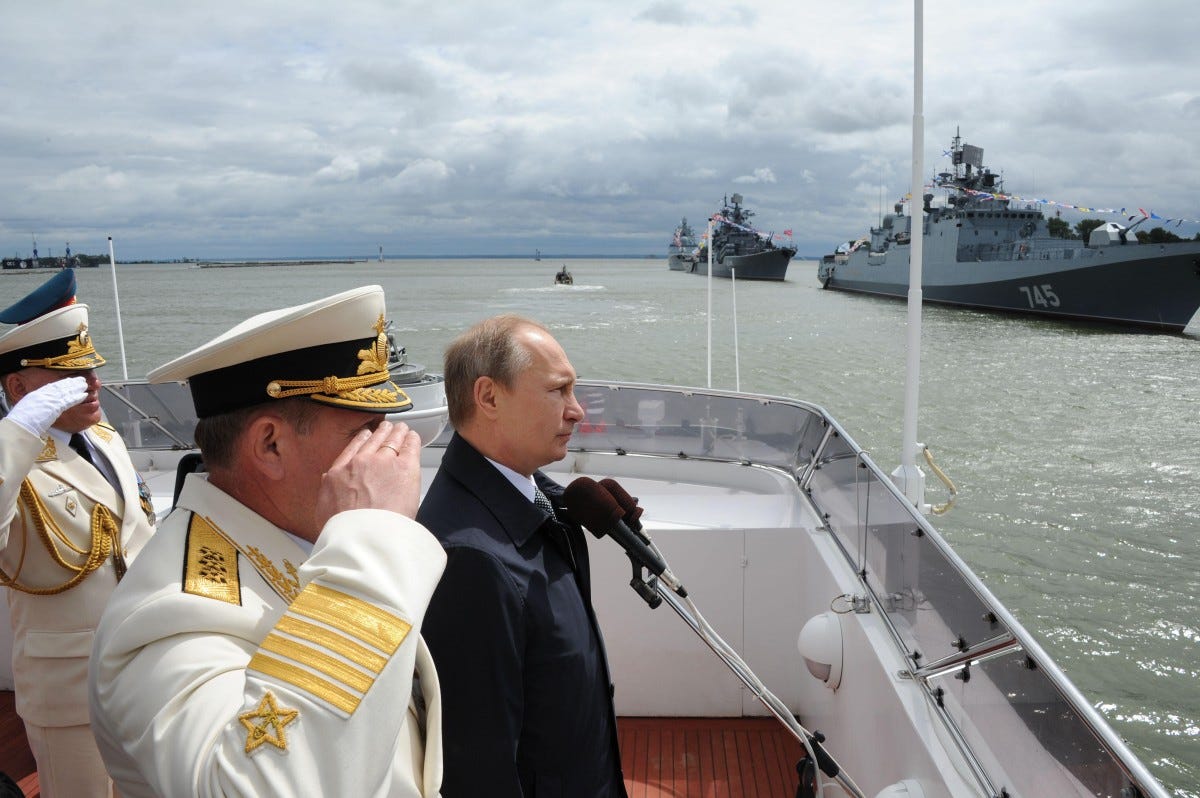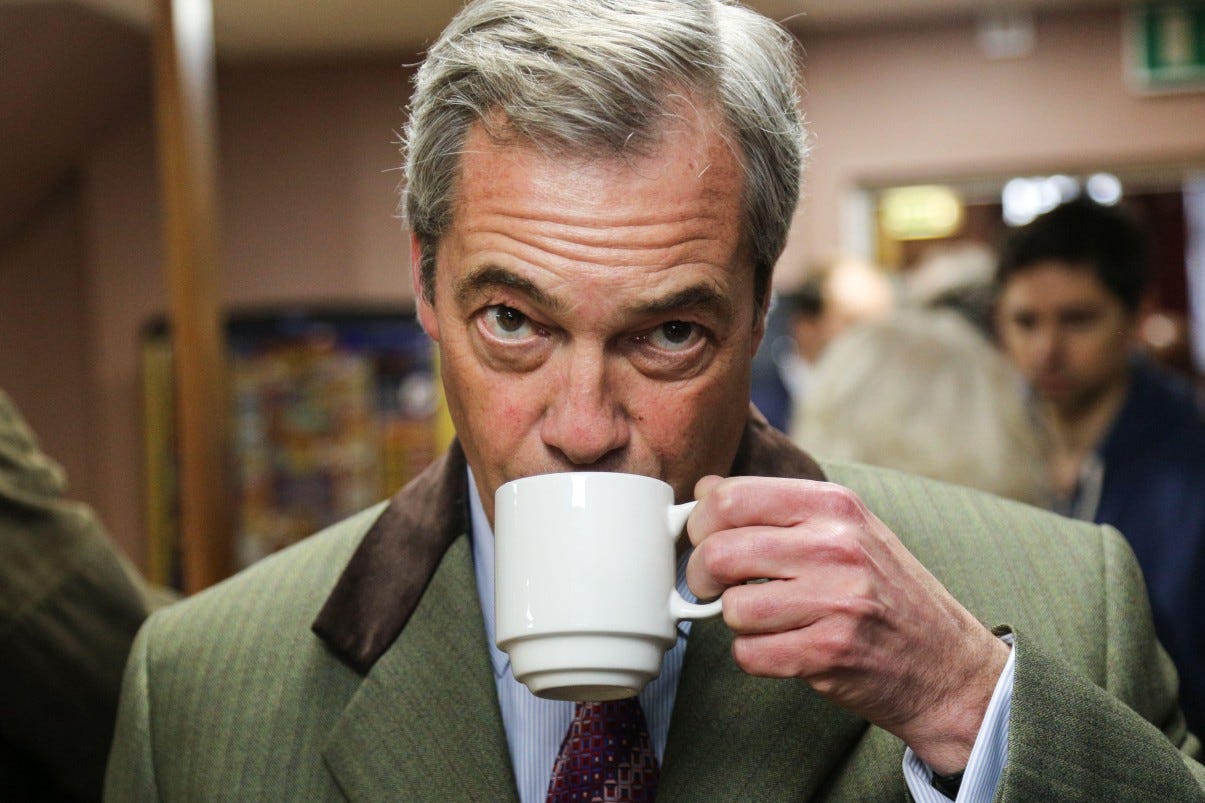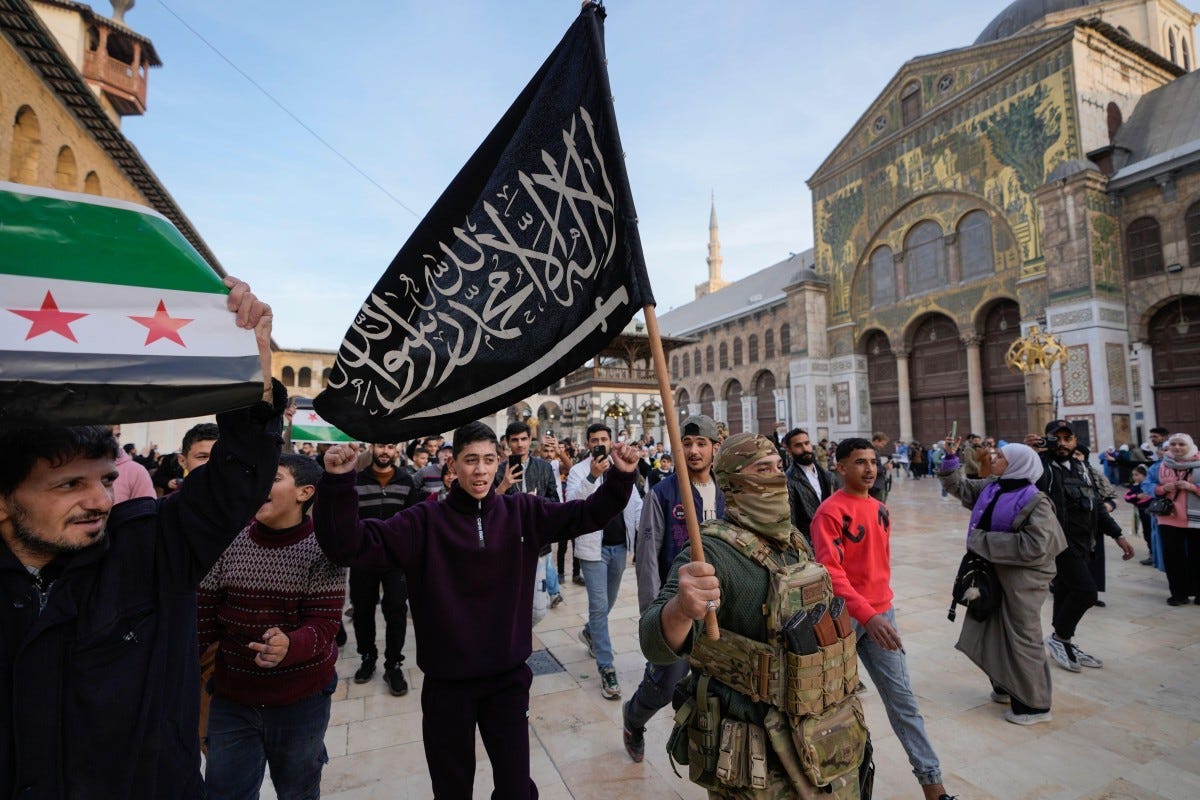Putin's Syria strategy may yet recover from the fall of Assad
Despite their fraught history, an alliance between Russia and Syria's victorious rebels is not out of the question.
Russia is reportedly nearing an agreement with Syria’s new leadership to keep two vital military bases in the country, in what would amount to a big strategic silver lining for Putin, following the ousting of his long-time ally, Syrian dictator Bashar al-Assad.
Earlier this week, Hayat Tahrir al-Sham (HTS), the country’s victorious rebels, provided Moscow with initial security guarantees over its bases and diplomatic institutions on Syrian territory. And, today, a Russian official claimed that talks for Russian forces to remain in the country are nearing an agreement.
That Russia’s post-Assad military expulsion appears far less likely than initially thought is a reminder to take nothing for granted in this highly uncertain period of transition in Syria, including its implications for the Kremlin.
Both of Moscow’s military bases in the country are assets it will be desperate to cling onto. Its naval base at Tartus is Russia’s only hub in the Mediterranean Sea while the air base at Khmeimim is one of its largest military bases outside of the former Soviet Union. Both have become critical hubs for the transfer of military contractors in and out of western Africa, where Moscow has been capitalising on growing anti-western sentiment to boost its influence.
When Syrian rebels’ 13-day lightning offensive began, Russia’s foreign minister, Sergei Lavrov, said Russia “was doing everything possible to prevent terrorists from prevailing, even if they claim not to be terrorists”.
And Russian diplomats began fleeing Damascus en masse. Understandably so: the rebel leaders now in power have every reason to bear a grudge against Moscow: they are the same ones that Putin has been bombing for almost a decade.
Aside from now sheltering the ousted Assad, the Kremlin shored up his dictatorship for years by sending thousands of Russian troops in 2015, and by launching airstrikes on both opposition groups and civilian infrastructure. That Russia was too weighed down by its war in Ukraine to maintain the level of support Assad required is being cited as a key reason why, this time, HTS prevailed.
But things can change very quickly in the fickle world of politics. And a future alliance between the Kremlin and HTS is by no means out of the question.
Within just hours of the fall of Damascus, there was already a marked shift of tone in Russian state media, as it began labelling Syria’s formerly “terrorist” rebels as an “armed opposition group”.
And, as Gerald Warner writes in Reaction, that the rebel flag has now been raised over the Syrian embassy in Moscow is a clear indication that “Vladimir Putin, desperate to salvage the situation, is open for business.”
Nor has Russia shied away from establishing relations with Islamist groups in the past. Indeed, the Taliban, not so long ago classified as an illegal terrorist movement in Russia, is now Putin’s “trusted ally”.
If HTS leader, Al-Jolani, is the political pragmatist he purports to be, then he may decide to leave the past behind, and embrace Putin. Or, indeed, to play Russia and the West off against each other indefinitely.
The fall of Assad is undoubtedly a blow for Russian interests in Syria. But it would be premature to suggest that the Kremlin’s foreign policy in the Middle East lies in tatters.
Caitlin Allen
Deputy Editor
ON REACTION TODAY
Iain Martin
Trump to demand 5% on defence - what does Rachel Reeves do then?
Maggie Pagano
The flood of UK companies crossing the Atlantic must be stopped
Gerald Warner
Starmer has made Scotland hospitable territory for Reform
Jack Dickens
A democratic dawn in Damascus is possible if we learn from recent history
ALSO KNOW
Government defends the defence industry - Ministers are calling on banks and investors to step up support for Britain’s defence industry. Jonathan Reynolds, the Business Secretary, told a meeting of finance executives not to surrender to “small but vocal campaign groups”.
Labour’s housing plans -Following a two-month consultation, ministers have agreed a final version of the National Planning Policy Framework, which will usher in the biggest overhaul of planning rules in a generation. One of the measures includes councils being given mandatory targets to deliver up to 370,000 homes a year and being told to identify lower-quality green belt land that can be built on.
Britain’s battle with bowel cancer - Cases of bowel cancer in under-50s are rising more quickly in England than anywhere else in Europe, a new study has found. There are around 2,600 new bowel cancer cases in people aged 25-49 in the UK every year and around 44,100 new cases among all ages.
Body found in search for missing rugby star - A body has been found in the search for former England rugby international Tom Voyce, who went missing in an area flooded during Storm Darragh. Police feared the 43-year-old had died after trying to cross Abberwick Ford, near Bolton, Northumberland, in a vehicle which was then pulled along by the current. Formal identification is yet to take place, but Mr Voyce's next of kin have been notified.
FIVE THINGS
Curated by the Reaction Team - Caitlin Allen







